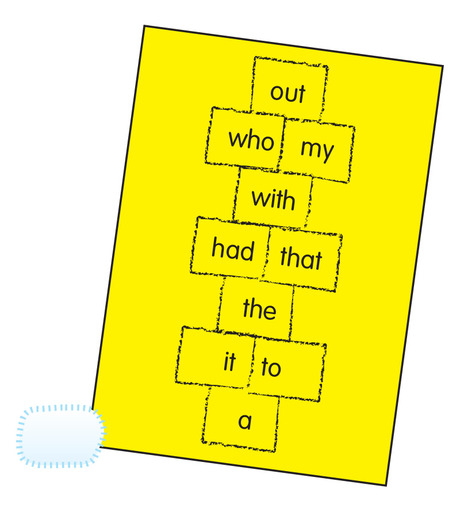Let’s illustrate how you can incorporate the pronunciation games into a lesson focusing on the “-at” word family:
Objective: #
To introduce and practice words from the “-at” word family.
To improve pronunciation skills among young learners.
Materials Needed: #
Flashcards or pictures of words from the “-at” word family (e.g., cat, hat, mat, sat).
Hopscotch grid drawn on the floor or pavement.
Bingo cards with “-at” family words or pictures.
Objects representing “-at” family words for scavenger hunt.
Cards with words for pronunciation relay race.
Pieces of paper with words for charades.
Rhyming word cards for Rhyme Time game.
Memory cards with words from the “-at” family for Memory Game.

Introduction (10 minutes): #

Activity 1: Phonics Hopscotch
Draw a hopscotch grid on the floor with letters representing the “-at” family words (e.g., c, h, m, s, a, t).
Have children take turns hopping on the squares while saying the sound or word associated with each square they land on.

Activity 2: Pronunciation Bingo
Give each child a bingo card with “-at” family words or pictures.
Call out words or show flashcards with corresponding sounds.
Children mark the matching word or picture on their bingo cards.
The first child to get a row or column marked shouts “Bingo!” and wins.
Activity 3: Pronunciation Scavenger Hunt
Hide objects around the classroom or outdoor area representing “-at” family words (e.g., a cat figurine, a hat, a mat).
Give children a list of sounds to find and match with the corresponding objects.
Activity 4: Pronunciation Relay Race
Divide children into teams.
Set up a relay race course with cards with “-at” family words at the finish line.
Call out a word, and the first child in each team runs to the finish line, grabs the card with the matching word, and brings it back.
The team with the most correct cards wins.
Activity 5: Pronunciation Charades
Write down “-at” family words on separate pieces of paper.
Have one child pick a word and act it out without speaking while others guess the word based on their pronunciation.
Activity 6: Rhyme Time
Give children a set of words from the “-at” family and ask them to find rhyming words for each one.
Encourage children to say the words aloud to practice pronunciation and identify rhyming patterns.
Activity 7: Pronunciation Memory Game
Create pairs of cards with words from the “-at” family for the Memory Game.
Children take turns flipping two cards at a time to find matching pairs.
When a pair is found, the child must pronounce both words correctly to keep the match.
These activities make the lesson interactive, engaging, and effective in teaching pronunciation while focusing on the “-at” word family.



